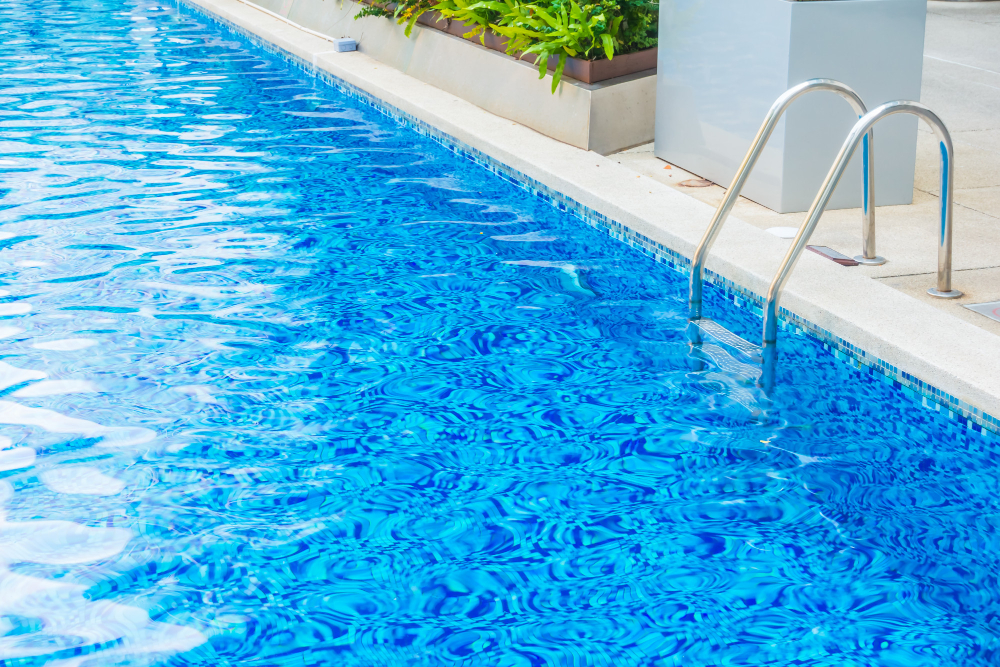
Have you noticed a decrease in water level or the water pressure in your pool? Do you feel that you might have a leak in your pool but are not sure how to detect it? A pool leak can be a serious issue that requires immediate attention. Not only can it damage the pool structure, but it can also end up costing you a lot of money in electricity and water bills. In this post, we will discuss how you can detect a pool leak to fix it quickly.
1. Check Water Level and Monitor Water Usage
The first and foremost step to detect a leak is to monitor the water level in your pool carefully. Make sure that the water level stays consistent, and there is no decrease over a week or so. Notably, the water level might decrease slightly due to evaporation, but it shouldn't be significant enough to make you add water frequently. You should also monitor your water usage and check your water bills; a sudden spike in the bill can indicate a leak in the pool.
2. Conduct a Bucket Test
One of the easiest ways to check if there is a leak in your pool is to conduct a bucket test. Here's how you can do it:
- Fill a bucket with water and place it on the first or second step of your pool, ensuring it is submerged.
- Mark the water level in the bucket and the pool with a waterproof marker.
- Turn off the pool pump and wait for around 24 hours.
- After 24 hours, compare the water loss between the pool and the bucket. If the water levels have dropped the same amount, then it's due to evaporation.
However, if you notice a more significant reduction in the pool than the bucket, there's a high possibility of a leak.
3. Inspect Pool Equipment
Sometimes, leaks in the pool equipment can cause the water level to drop. Check the pool equipment, such as the filter, pump, heater, and other equipment for any leaks or damages. Also, check if the water around the equipment is clean – any dirt or debris may indicate a leak.
4. Check the Pool's Structure
If you have ruled out all other possibilities, inspect the pool's structure for any visible signs of leaks, such as cracks, holes, or tears, or loose tiles and fittings. Focus your attention around the waterline, especially where the tile meets the pool surface.
5. Hire a Professional
If you have tried all the above steps and still can't locate the leak, it's time to call in the professionals. A pool leak detection company has specialized tools and equipment to find even the most subtle leaks that you may have missed. Not only can they locate the leak quickly, but they can also fix it before it causes severe damage to your pool and ends up costing you a lot of money.
Conclusion
Detecting a pool leak can be challenging for a pool owner, but it's crucial to fix it as soon as possible. The longer you wait, the more damage it can cause to the pool structure, and eventually, it will end up draining your wallet. Follow our tips on detecting a pool leak, and if you're still unsure and need help with pool repair or pool remodeling in Orlando, FL, do not hesitate to contact a professional pool leak detection and repair company like All Phase Pool Remodeling. Remember, a little prevention goes a long way in increasing the longevity of your pool, saving you time and money in the long run.